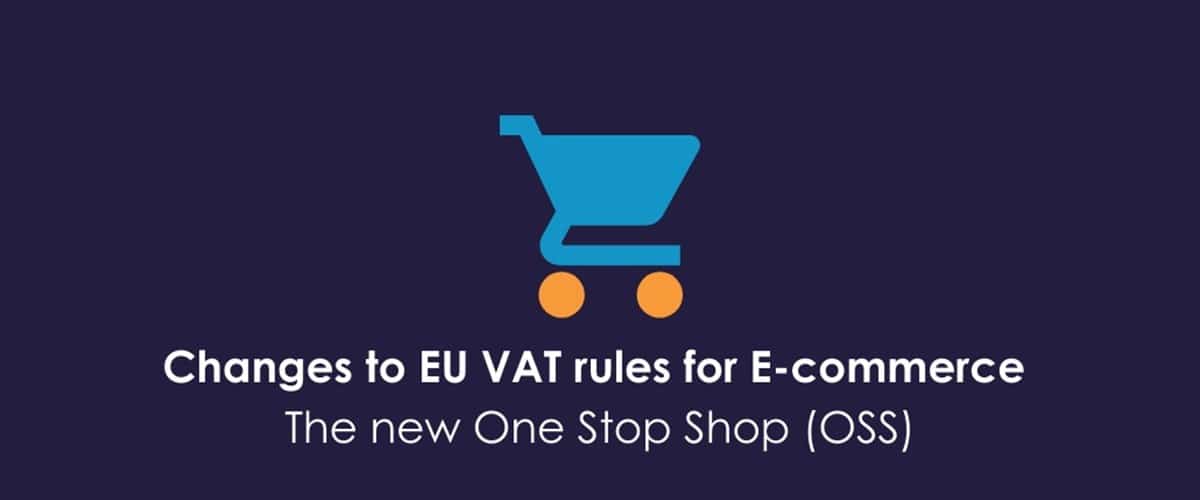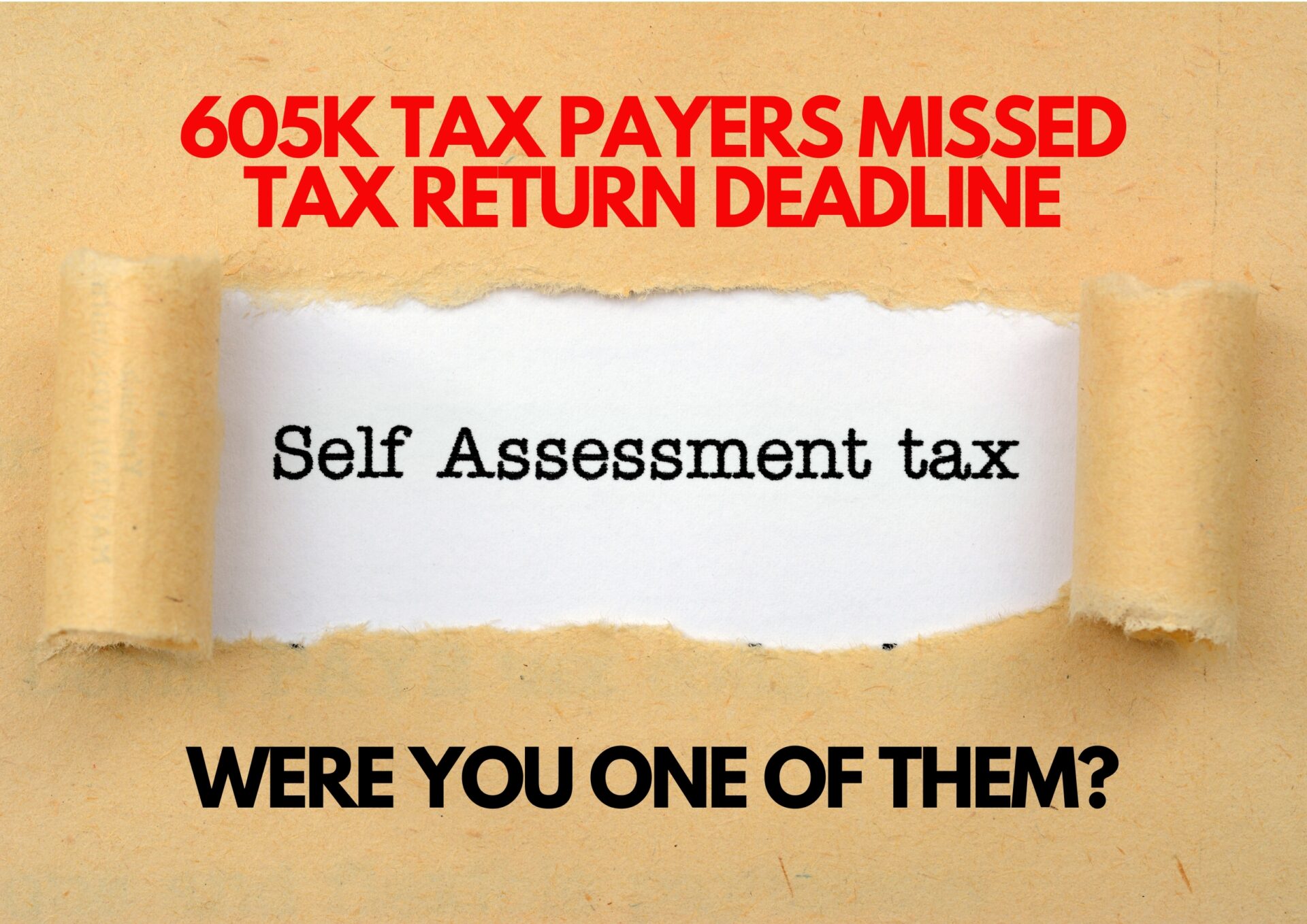VAT : EU VAT Changes from 1st July 2021
New EU VAT Laws came into effect on 1st July 2021 and these are likely to affect many businesses.
The idea of these changes is to modernise the declaration of VAT for Cross-Border E-Commerce. This will simplify the VAT obligations for businesses making cross-border supplies of goods and services.
Originally the changes were due to take effect from 1st January. However, this was postponed because of the coronavirus pandemic. This therefore allowed Member States (MS) and businesses additional time to prepare.
You can find a more comprehensive guide on the European Commission Website. Here you will have access to useful links and detailed explanatory notes.
https://ec.europa.eu/taxation_customs/business/vat/modernising-vat-cross-border-ecommerce_en
Who and what is affected by the EU Vat Changes?
The measures being implemented affect supplies of goods and services to EU consumers.
All commercial goods imported into the EU from a third country will be subject to VAT irrespective of the value.
However, the measure concerning goods will affect supplies of goods from stocks held by businesses within Great Britain and stocks held within Norther Ireland differently. This is because supplies of goods (but not services) fall within the Northern Ireland Protocol.
Key Abbreviations
- MS ~ Member States
- EU ~ European Union
- EC ~ European Commission
- OSS ~ One Stop Shop scheme
- IOSS ~ Import One Stop Shop scheme
- TBE ~ Telecoms, Broadcasting and Electronics
So what’s it all about?
Below is a summary of the EU VAT changes being implemented from 1st July 2021.
- Low value consignment relief ceased
- The non-mandatory IOSS scheme
- The Union OSS Scheme
- The Non-Union OSS Scheme
Low value consignment relief ceased
The VAT exemption has been abolished for goods in small consignments. This originally applied to consignments with a value of up to €22
Unless the consignment falls within an import VAT relief scheme, such as temporary importation relief, VAT will be due at the applicable local rate on all imports into the EU.
The non-mandatory scheme will replace this.
The non-mandatory IOSS scheme
This replaces the low value consignment relief. It is not compulsory, but merely a simpler process.
It was created by the European Commission for distance sales of goods imported from third countries to consumers in the EU.
What is the IOSS for?
This new scheme facilitates the collection, declaration and payment of VAT on distance sales of imported goods, allowing suppliers of goods to pay the VAT to the tax authorities via a single registration instead of the buyer paying the VAT on the goods imported or the supplier having to VAT register in several member states.
It is aimed at businesses not established in the EU, supplying goods to non-VAT registered EU consumers.
The VAT payment is applicable to purchases made by a buyer in the EU for goods in consignments not exceeding a total value of £135/150€.
Any businesses choosing to use this scheme, what must they do?
- register for VAT in one Member State (MS),
- use a local intermediary,
- submit a local VAT return for that MS; and
- submit a One Stop Shop (OSS) return for all other MSs.
By using this method, the business will be declaring and paying over VAT at the applicable local rate.
Where a business is supplying goods via an online marketplace, the marketplace itself is responsible for accounting for the local VAT via their own one stop shop registration.
What are the benefits?
A major benefit is that goods on which VAT is accounted for under IOSS will be exempt from import VAT. Therefore, allowing faster customs processing.
The IOSS Scheme is not mandatory
If the seller does not register for IOSS, then the buyer will be responsible to pay the VAT and any customs clearance fees that are charged by the transporter/courier.
Import VAT will be payable for sales accounted for outside the IOSS scheme. Businesses have two options: –
- Customer to be the importer of record – the import VAT will be collected from the customer by the transporter/parcel courier, or
- Supplier to be the importer of record – therefore, the supplier will be treated as importing their own goods into the EU before the sale to the EU customer.
- The supplier will also need to register for VAT in the MS where the goods are imported to.
- They will be treated as a non-established taxable person making an onward supply of goods in the MS of importation.
- They will be able to recover the import VAT but will then account for VAT at the local rate on the local VAT return.
The Union OSS Scheme
This was the old VAT MOSS scheme. As well as accounting for VAT on Intra EU supplies of TBE services, it has been extended to cover all B2C services AND intra EU Distance Sales of Goods.
Not all UK businesses will be affected by this scheme. Instead, only the supplies of goods from stock held in Northern Ireland, covered under the Northern Ireland Protocol, are included.
There is a pan European threshold of €10,000 (£8,818) applicable to EU and NI established businesses only.
- below this threshold – the supply is treated as subject to VAT in the MS of supply
- above this threshold – local VAT is required to be accounted for.
- NI businesses registering for the OSS* – sales above that threshold to other MSs are declared via a One Stop Shop (OSS) return, without the former requirement to VAT register in each MS where the distance sales threshold had been reached.
*NI Business can register for OSS via its UK registration under the NI Protocol. Guidance for NI Businesses from HMRC can be found at EU VAT e-commerce package – GOV.UK (www.gov.uk)
The Non-Union OSS Scheme
For Non-EU established businesses supplying TBE services to EU consumers.
As with the Union OSS Scheme this has also been extended to cover all B2C services where the place of supply is the EU.
VAT registration in each MS is not required where a Non-Union OSS registration is used to account for VAT on supplies such as:
- Accommodation services carried out by non-established taxable persons,
- Admission to cultural, artistic, sporting, scientific, educational, entertainment or similar events, such as fairs and exhibitions,
- Transport services,
- Services of valuation and work on movable tangible property,
- Ancillary transport activities such as loading, unloading, handling or similar activities, · Services connected to immovable property,
- Hiring of means of transport,
- Supply of restaurant and catering services for consumption on board ships, aircraft or trains etc.
How Onyx Accountants can help you?
Our dedicated team of Client Advisors are also VAT specialists! Working with and supporting all different size of businesses, our Client Advisors are on hand to explain everything that you need to know about VAT.
It’s not just about the quarterly VAT submissions, MTD and identifying the right VAT scheme for your business!
We can identify how the EU VAT changes will apply to your cross-border transactions along with the correct reporting requirements.
By using Onyx Accountants and Business Advisors to process your VAT Returns, you eliminate the worry which allows you to concentrate on running your business.
GET IN TOUCH WITH ONYX
If you have any queries, or want to discuss further, please give us a call; or e-mail us at enquiries@onyx.accountants for a FREE no obligation consultation.
Got any questions or queries? Our friendly team of tax specialists are happy to help. Just drop us a line! Call us on 0121 753 5522 or 01902 759 800.





